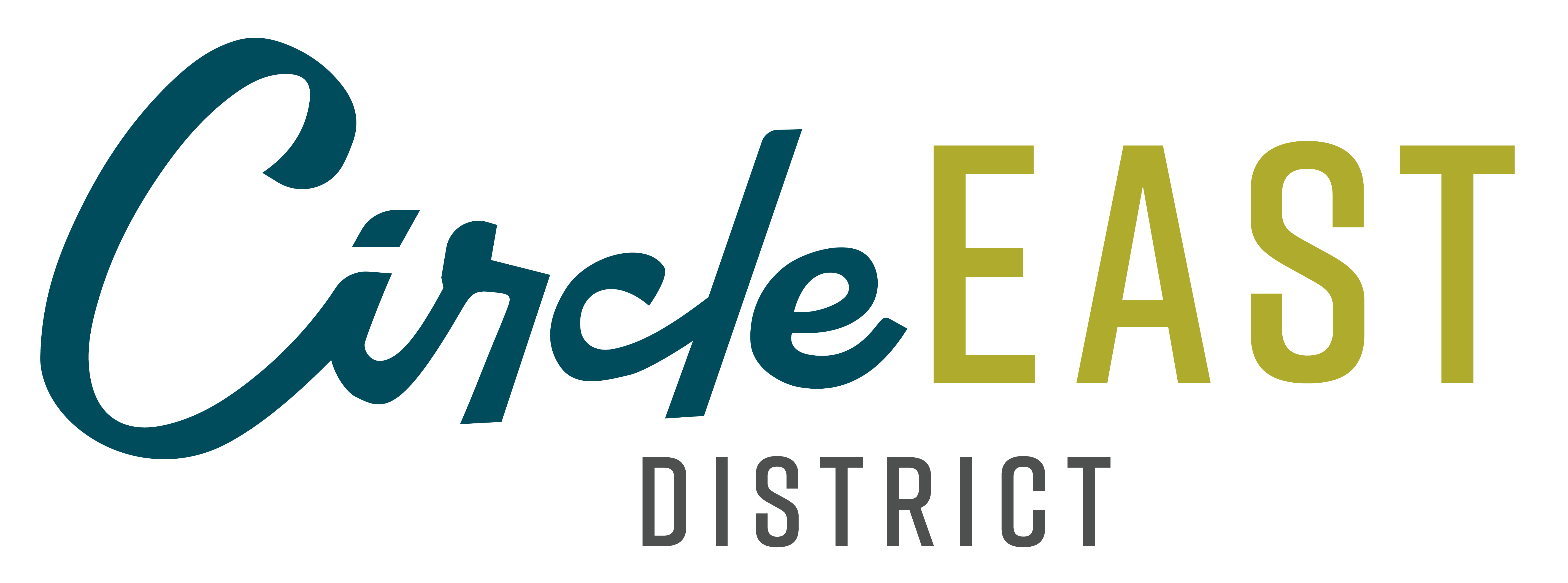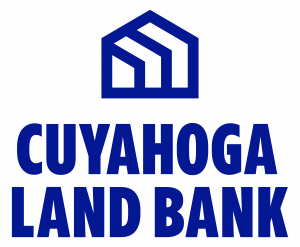ULI Cleveland’s REDI initiative and the Land Bank’s Circle East District project collaborate for big results
Due to a variety of barriers, the real estate development industry lacks diversity. However, the Urban Land Institute (ULI) , a national nonprofit organization, is working to change this narrative through its Real Estate Diversity Initiative (REDI), a comprehensive real estate development training and mentorship program for people of color, women and the LGBTQ+ community. The program provides participants access to resources, capital, technical assistance and mentorship, and aims to increase the number of high-performing minority professionals in the real estate industry.
The Land Bank’s Circle East District Project
The REDI program is working closely with Cuyahoga Land Bank’s Circle East District, a major redevelopment initiative in East Cleveland. The project is focused on revitalizing a neighborhood just minutes east of University Circle. The new neighborhood will include a variety of housing types, many of which will be on the leading edge of design and sustainability while also remaining suitable for buyers at various incomes levels. Moreover, as a part of this project, the Land Bank also seeks to spur development along Euclid Avenue to create a vibrant commercial corridor that complements the proposed new housing.
Through the REDI program, participants are gaining valuable hands-on experience in urban development. By working closely with industry leaders, they are delving into the intricacies of site analysis, planning, zoning, and market analysis. Armed with this knowledge, these emerging developers are crafting innovative ideas that may be used to help revitalize the Circle East District. Dennis Roberts, the Land Bank’s Director of Real Estate Development, is enthusiastic about the potential of the partnership, stating, “There are a lot of opportunities for development in the Circle East District. We are excited to see the development ideas from ULI’s REDI participants and explore the possibility of incorporating them into the project.” This collaboration between fresh talent and experienced professionals is poised to help shape the neighborhood’s future.
Roberts has been a key player in both the REDI program and the Circle East District project. “I’ve been engaged in the REDI program since its inception,” Roberts said. “I like to think of it as a kind of Shark Tank for young developers.” Roberts, who has been involved in the real estate industry for more than 15 years, has seen firsthand the challenges minority developers face. He believes the REDI program is critical in addressing these challenges and creating a more equitable local real estate industry.
“What the Land Bank is doing in the Circle East District is a great model for urban development in underserved communities,” Roberts said. “And we see a philosophical alignment with what we are doing in East Cleveland and ULI’s REDI diversity efforts.”
East Cleveland, a predominantly minority community long starved of investment, is undergoing a dramatic transformation. An example of the area’s development potential is the recent pending acquisition of the Mickey’s building (in the Circle East District) by Verdynt, a bio tech firm out of Boston. The firm plans to establish state-of-the-art labs to create more than a hundred new jobs and generate much needed tax revenue for the city.
As Roberts points out, “investment sparks more investment. Historically, developers often shy away from unfamiliar areas, but this shift in focus towards East Cleveland is a promising sign.” Roberts emphasizes the importance of involving minority developers in the revitalization process.
The Importance of Diversity in Real Estate Development
Diversity in real estate development is essential. Developers from various backgrounds are more likely to develop projects that reflect the community’s diversity, leading to more culturally relevant amenities, businesses and public spaces. Additionally, studies suggest that minority developers are more likely to develop high quality housing at a more affordable price point, which is desperately needed in lower income areas. In short, minority developers are often more familiar with the needs of low-income communities and therefore more likely to invest in projects that better serve these communities.
Finally, diversity in real estate development can help boost the economy. Minority-owned businesses are often local businesses that create jobs and therefore directly generate revenue for the communities where they do business.
The Impact of REDI
The REDI program is a critical step in fostering diversity in real estate development. It provides minority developers with the resources and support they need to succeed. By increasing the number of minority-owned businesses in the real estate industry, the REDI program is helping to create more equitable and inclusive communities.
Fostering diversity in real estate development is essential for creating affordable housing and thriving communities. The ULI Cleveland’s REDI program and the Land Bank’s Circle East District project are examples of initiatives working to make a difference. By providing minority developers with the resources and support they need to foster diversity in real estate development, these programs are helping to create a more equitable and inclusive real estate industry and housing market.
ULI will be accepting applications for the 2025 REDI cohort in early 2025. To receive updates about the 2025 REDI program, please click here.



